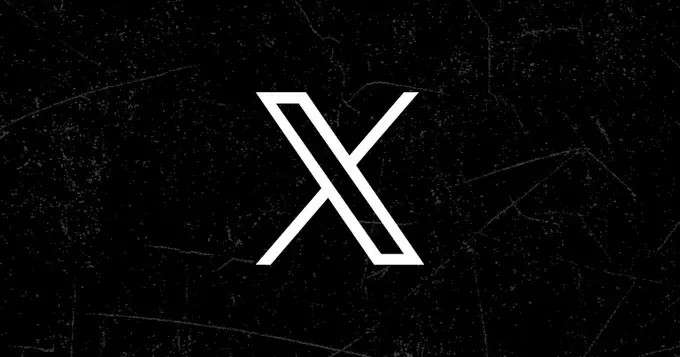As we navigate our increasingly interconnected global landscape, the dynamics between influential tech companies and regulatory governments are under scrutiny like never before. The looming potential penalty against Elon Musk’s platform, X, serves as a poignant example of this friction. Recently, reports have emerged about the European Union’s plans to impose a staggering fine—up to $1 billion—against Musk’s social media platform for failing to comply with the EU Digital Services Act (DSA). This unfolding saga could not only reshape the relationship between the U.S. and the EU but may also have broader implications for how tech giants operate globally.
The Regulatory Landscape and its Implications
The EU’s rigorous regulatory framework, designed to combat disinformation and illicit content online, has been pivotal in setting a precedent. The allegations against X hinge on claims that the platform’s revised content moderation policies have contributed to the spread of misleading information, particularly in relation to sensitive global events. This includes an in-depth investigation initiated by EU regulators stemming from concerns over the potential amplification of harmful content, particularly during periods of crisis, such as the recent conflict involving Hamas and Israel.
The stakes are high, and the EU’s decision to initiate formal infringement proceedings signifies a serious challenge for Musk’s platform. The DSA represents a watershed moment in digital governance; hence, non-compliance not only attracts penalties but could also set the stage for a broader crackdown on tech companies that flout regulations. The EU’s approach contrasts sharply with the more laissez-faire attitude often seen in the United States, creating a chasm in regulatory philosophies that could have long-term ramifications for global tech operations.
The Political Dimension: Alliances and Backlash
The intersection of business and politics complicates this situation further. The potential penalty against X does not exist in a vacuum; it could ignite tensions between the EU and the U.S., particularly given Elon Musk’s close ties to former President Donald Trump. Trump’s administration has made clear its intent to defend U.S. businesses against what it perceives to be unfair foreign regulations. This raises critical questions about how far political alliances can temper regulatory actions.
Trump’s recent criticisms of the DSA and his threats of retaliatory tariffs if U.S. companies are harmed signal that he is willing to flex his political muscles in defense of domestic interests. It remains to be seen whether Musk will lean on Trump’s influence to stave off the impending fine or whether Trump will feel compelled to adopt a more conciliatory stance, balancing the demands of his political base with the need to maintain favorable international relations.
The Financial Strain on X
What exacerbates this situation is X’s current financial standing. Unlike the tech giants that have historically weathered regulatory storms, X finds itself grappling with declining ad revenue. Any astronomical fines, like the proposed $1 billion, would not only deplete its financial resources but also possibly jeopardize its operational viability. Currently, X’s revenue stream is strained, especially after Musk’s takeover, which has led to significant changes in platform dynamics.
In light of these financial challenges, it is evident that X’s leadership needs to undertake strategic maneuvering. Challenging the fine in court may be their immediate course of action, but the outcome is uncertain. Public sentiment, user engagement, and investor confidence are variables that can swing either way, particularly when regulatory bodies are involved. While Musk has a reputation for resilience and innovation, this moment presents a formidable test of his leadership against the backdrop of global scrutiny.
The Future of Regulation and Technology
Ultimately, the saga of X and the EU may symbolize a larger confrontation between the old guard of regulatory frameworks and the new wave of digital innovation. As governments across the globe continue to define their stances on technology and regulation, the actions taken against X may shape the standard practices of tech companies for years to come. Will the regulatory measures imposed by the EU cultivate a safer online environment, or will they merely serve to stifle innovation and drive technology overseas? The answer remains to be seen, but the implications are likely to reverberate far beyond the courtroom battles ahead, affecting the very fabric of how information is shared and regulated in our digital era.


Leave a Reply